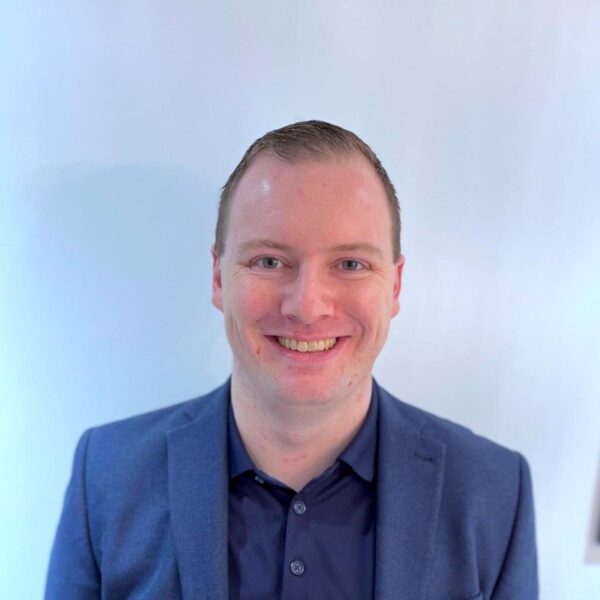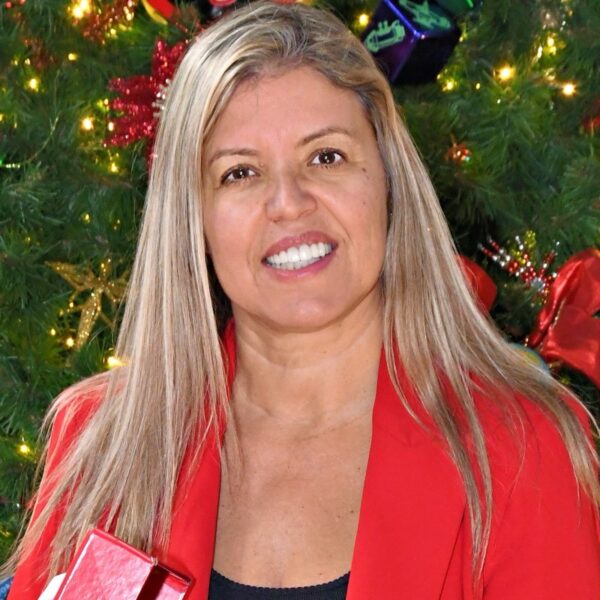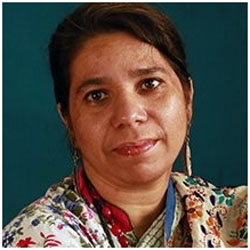
About the Erdos Research Fellowship
The Erdos Research Fellowship is created as a social initiative by Erdos Research to foster a research mindset for Artificial Intelligence (AI) within the wider community.
Unlike traditional academic publishing, we focus on specific AI-related themes and develop them openly and collaboratively with researchers over time.
The initiative is invite only. There is no cost.
It is modelled on the networking / collaborative ideas of Paul Erdos (an eccentric Hungarian mathematician). Erdos Research Fellowship is closely aligned with the Oxford AI summit – but is independently managed by Erdos Research as a way to encourage our students to publish their work and adopt a research mindset in AI.
I am text block. Click edit button to change this text. Lorem ipsum dolor sit amet, consectetur adipiscing elit. Ut elit tellus, luctus nec ullamcorper mattis, pulvinar dapibus leo.
Themes and Researchers
We are currently working with the following research projects:
- Product management for Edge AI Devices Wen Chou
- Small language models and AI – local deployment of AI and Human centric Design Magnus Smarason
- Empowering Autistic Learners: Metacognitive Strategy Development Through ChatGPT Roleplay – Ajit Jaokar – Anjali Jain– Aditya Jaokar – David James – Yogita Khedkar
- Full stack AI development with lovable , supabase and lyzr – Mayank Sharma Anjali Jain, Ayşe Mutlu Ajit Jaokar
- The AI Braintrust: Reimagining Agentic Leadership – David Catalano
- Low Code Agentic Product Manager Claudia Saleh
Cultural perspective in Gen AI art – presented by Aysha Nasim (various contributors)
Advisory board
We are pleased to be guided by a very knowledgeable advisory board well versed in multiple aspects of AI.
Our Ethos
Traditional academic publishing is slow, opaque, and closed. Paywalls limit access, while high open-access fees block many authors. Peer review is often lengthy and biased, discouraging innovation and reinforcing a “publish or perish” culture. This model struggles to keep pace with fast-moving fields like AI.
As a thought experiment, a publishing model inspired by Paul Erdős would radically shift the focus to openness, collaboration, and continuous learning.
Erdős’s nomadic, idea-driven approach suggests a system that:
- Is decentralized and inclusive, open to all researchers regardless of affiliation.
- Embraces living documents, updated over time with community input.
- Treats open problems as valuable outputs, not just solved ones.
- Prioritizes idea-sharing over prestige or credentials.
- Encourages mobility and intellectual cross-pollination across disciplines.
- This model supports ongoing collaboration and adapts to the rapid pace of discovery, especially in dynamic fields like AI.
In practise, for us, it means
- A single domain focus i.e. AI
- Small groups
- An advisory board to validate ideas
- AI assisted from the start
- Participants work with an expert
- Dynamic and Iterative
- For people who work (not full time researchers)
- Interdisciplinary
- Rapid publishing and iterating – i.e. developing a single theme over time
- An AI agent as a living paper
Sign up to future updates
Note that while the Erdos Research Fellowship is primarily designed to encourage thought leadership from our students at the University of Oxford, it is a personal initiative created by Erdos Research. Is not associated with any university. Erdos research is created by Ajit Jaokar, Anjali Jain, Ayse Mutlu, Mayank Sharma and Aditya Jaokar.






